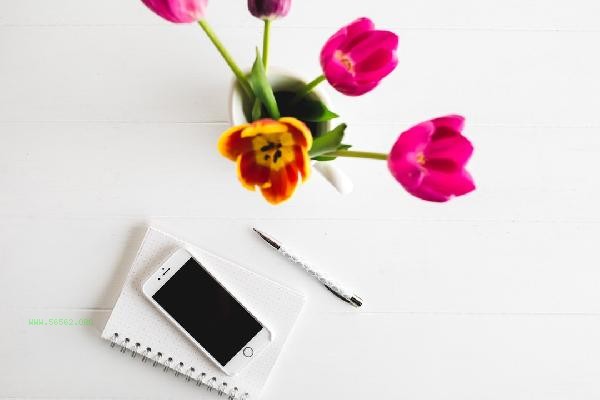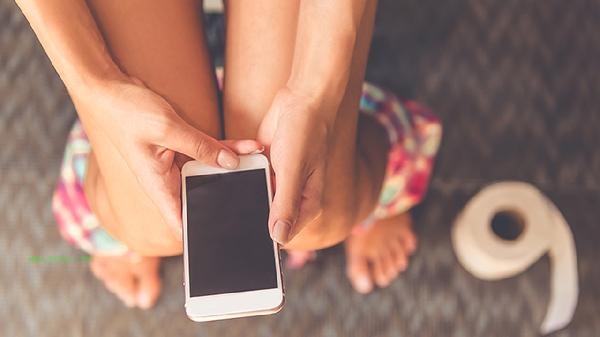When children love to play with their phones, parents can guide them by setting usage rules, providing alternative activities, strengthening parent-child interaction, setting exemplary behavior, and establishing reward and punishment mechanisms. Excessive use of mobile phones may be related to factors such as lack of outdoor activities, insufficient home supervision, social needs shift, imitation of adult behavior, psychological dependence, etc.

1. Set usage rules
Clearly define the daily usage duration and scenarios, such as prohibiting the use of mobile phones before completing homework after learning and uniformly storing them during meals. Timer or parental control software can be used to assist in execution, and the rules need to be followed by the whole family and regularly reviewed and adjusted. For preschool children, it is recommended to use it for no more than 20 minutes at a time. School aged children can extend it appropriately, but it must be arranged in sections.
2. Provide alternative activities
Prepare physical toys such as building blocks, picture books, and art supplies, and plan at least two outdoor activities or museum visits per week. For adolescent children, group activities such as board game nights and DIY crafts can be organized to divert attention from electronic products. Pay attention to choosing alternative options based on the child's age and interests, and avoid forcing arrangements that may cause resistance.
3. Strengthen parent-child interaction
Reserve 30 minutes of exclusive parent-child time every day for offline interactions such as reading, cooking, or walking together. Discuss mobile phone usage experience through family meetings and listen to children's real needs for online social interaction. Parents should avoid checking their phones during companionship and demonstrate a focused communication attitude through actions.

4. Set an example behavior
Parents should reduce behaviors such as watching videos and playing games in front of their children, especially avoiding using mobile phones while lying down before bedtime. It is possible to set up a period without mobile phones at home, such as 7pm to 9pm, where all employees store their electronic devices in a fixed location. Parents' restraint on their own mobile phone usage can significantly reduce the probability of their children imitating.
5. Establish a reward and punishment mechanism
to provide non-material rewards for compliance with rules, such as extending park play time and selecting weekend menus. Partial entertainment privileges may be suspended when violating the agreement, but the consequences must be clarified in advance and a gentle attitude must be maintained. Never directly link mobile phone usage with academic performance to avoid exacerbating rebellious psychology. Long term exposure to electronic screens may affect children's visual development and sleep quality. It is recommended to undergo regular vision checks and ensure that no glowing devices are used two hours before bedtime. You can gradually replace the habit of watching videos before bedtime with listening to stories, light music, etc. If a child shows severe dependence such as emotional outbursts and refusal to communicate, they should seek the intervention of a psychological counselor in a timely manner. Encourage children to participate in household chores and social practices in daily life, and reduce their dependence on the virtual world through a sense of achievement in reality.






Comments (0)
Leave a Comment
No comments yet
Be the first to share your thoughts!